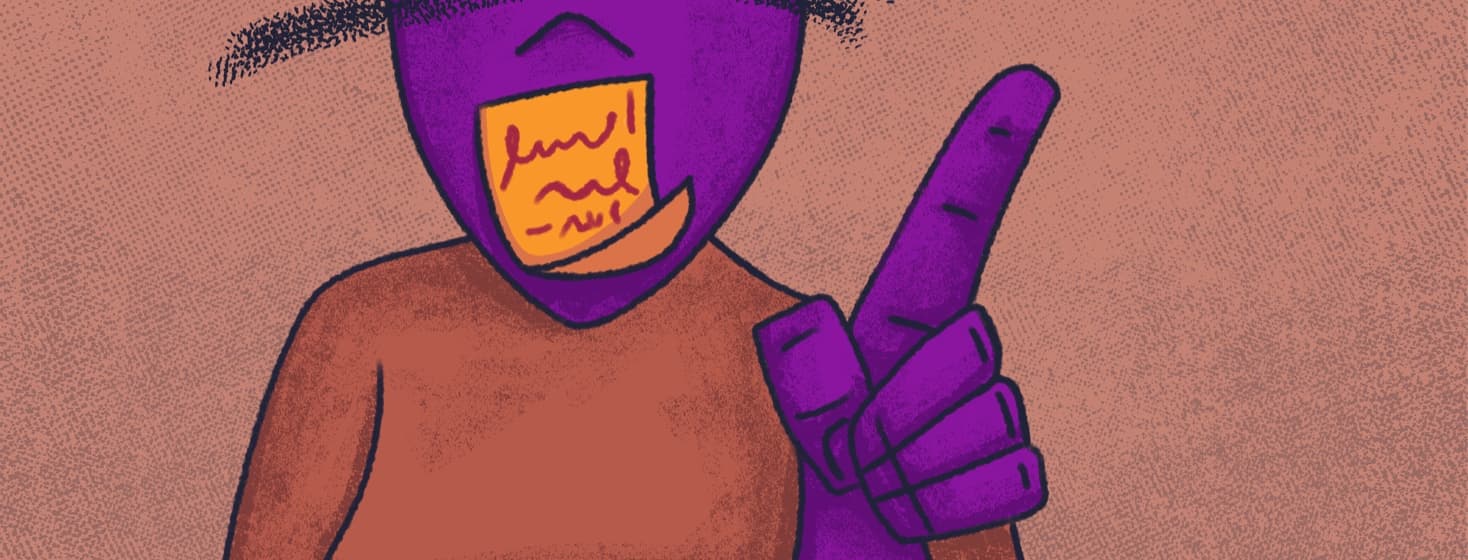What Not to Say to Me When I Am Anxious About Flaring
I have lived through two "mega flares," you know - the ones that take over your entire life because psoriasis is everywhere and it itches and burns and it feels like a living hell.
Comments can make psoriasis flare anxiety worse
Unsurprisingly this leaves me in certain situations where I feel really anxious. When someone is struggling with feelings of anxiety there are some things which are unhelpful at best, and damaging at worst. So what are the red flags, and what should you teach your friends and family to say instead?
"It's not worth worrying about"
Cue immediate anger and the decision to temporarily block a friend from my contact list. Err - really. Did you ever consider self-inflicting pain to distract your mind from the distress of relentless itching? I think being anxious about ending up in that place is a pretty good reason to be anxious.
People have no idea what it is like to live with psoriasis and this can lead to misguided comments that are intended to help you feel better.
Someone telling me this isn't worth worrying about dismisses my feelings as less important than they actually are. It has the potential to make me feel alienated and alone. This is a really dangerous statement to make to anyone struggling with anxiety, particularly as encouraging isolation can lead to depression.
What should someone say instead? Do you want to talk about it? Is there anything I can do to help? Sometimes it can be helpful to find the trigger for the anxiousness - and this can help open up a conversation about next steps to feeling better. If my trigger is a sore throat then a friend may suggest I see my G.P and discuss antibiotics as a precaution.
If my anxiety is a concern about the person next to me carrying the bacteria that causes Strep throat which is preventing me from visiting crowded places, then an appointment with a therapist may be a great starting point.
When struggling with anxiety it is important not to stigmatize a person - to remind them that anxiety is not who they are, but something they are experiencing. This makes it feel safer to talk openly about the next steps.
"I am anxious too. You just need better ways to cope with it."
Oh O.K - that's helpful. Do you have them in a bag? Can I just upload those into my brain now and feel better again? There are lots of strategies to help with anxiety but they have to be learned and practiced. Some require the help of a psychotherapist to rebuilt thought pathways using techniques like Cognitive Behavioral Therapy (CBT). None of these will help me immediately.
Telling me other people have the same problems and are dealing with it makes me feel like I am failing. Like I don't have the skills that other people have and that this is all my fault. I then feel overwhelmed about what to do next and feel even more anxious and now also feel the sadness of failure.
What should someone say instead? It sounds like you're having a hard time. You're doing really well - keep doing what you're doing and you will get there.
This is tough, but we can get through this together.You are not alone. You can ask if the person has spoken to their doctor as a prompt to explore support options together. Make sure the focus of your conversation is on you showing that you are there to help in a supportive way instead of handing out unwanted advice.
"Have you tried yoga/mindfulness/meditation?"
Yes. They are great...when I am not already really struggling. You can't actually think that some stretching is going to stop this? You have no idea what I am going through. When I am anxious I am not feeling serene in yoga - I am worrying my skin is cracking, that the person next to me has strep throat and the railings in the gym are contaminated with influenza.
What should someone say instead? I am here to listen. Tell me what you need. Your trying XYZ? Fab! I’m so glad you're getting the help you deserve. Movement can be great for lifting a person mood, and the distraction of doing an activity can also make it easier to approach difficult conversations.
Support makes all the difference
Offer to go on a walk when you have finished chatting or book something fun to do together like a trip to the beach or exploring the local woodland. Just don't make that exercise prescriptive. Your job is to support your friend so they can help themselves - not tell them what to do.
What have people said to you when they were trying to help that missed the mark?

Join the conversation